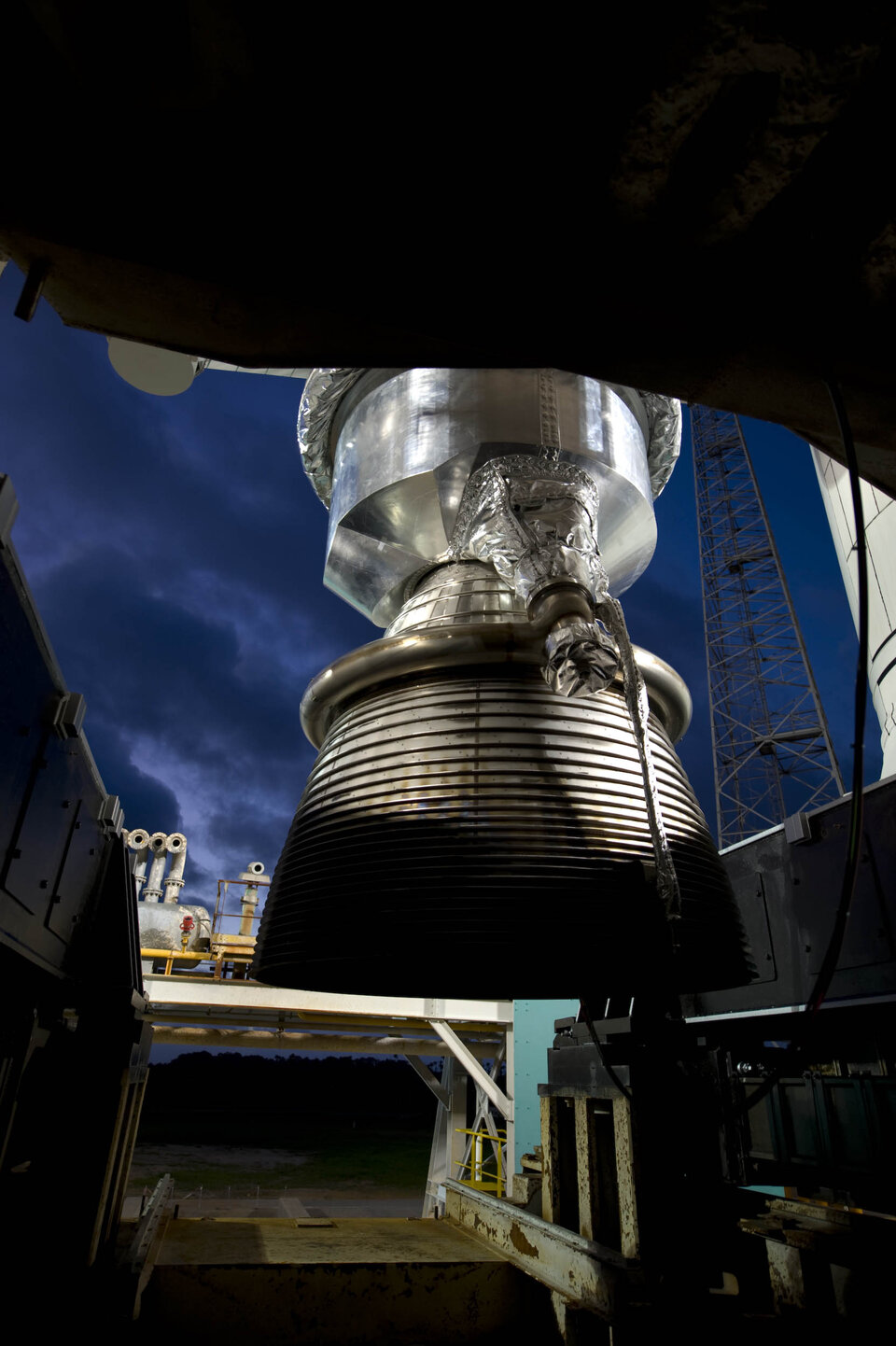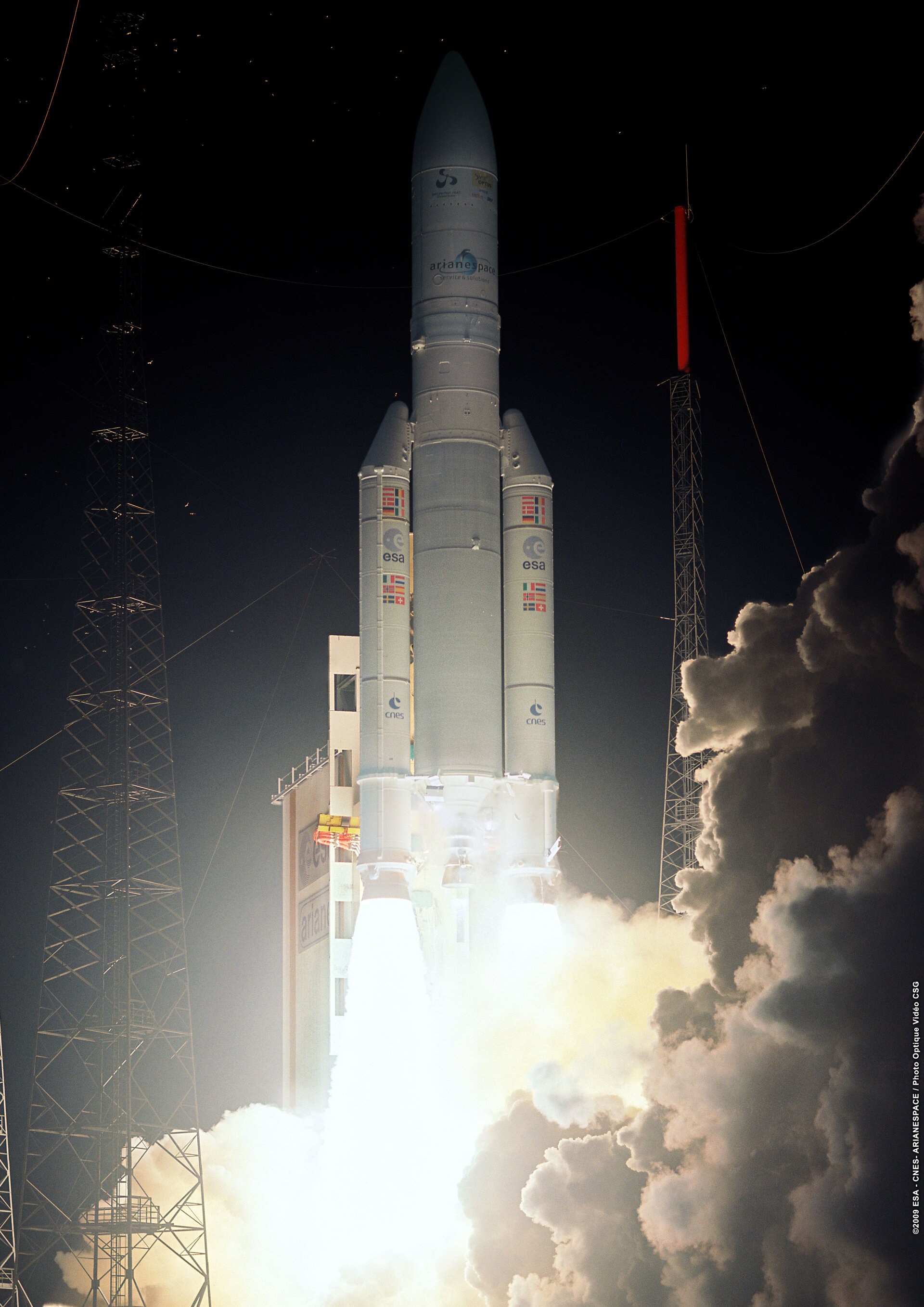Space Basics
ESA’s Education Office is developing a series of online lesson materials that will give school students, and their teachers, insights into key aspects of space exploration.
We live in the Space Age. Space is part of our everyday lives. It is also one of the most absorbing and exciting subjects, a source of fascination for millions of young people around the world.
There are dozens of launches each year and hundreds of satellites in orbit around the Earth. We rely on these satellites for many different applications, such as telecommunications, weather forecasts, disaster management, land use mapping, navigation and national security.
Spacecraft are also exploring every part of the Solar System and observing the remote Universe, while six astronauts are flying around the planet and conducting research inside the International Space Station.
Despite all this activity, there is often a lack of knowledge or understanding of what space is all about. In an effort to answer many of the questions about space that students and teachers have always wanted to know but never dared to ask, ESA’s Education Office is making available a series of short, web-based “lessons” that introduce young people to various fundamental, space-related topics.

The first series of lessons to be published online covers the subjects of rocket propulsion (what is propulsion; what are the different methods of propulsion?) and later this year Earth observation (what is Earth observation; what are Earth observation satellites; what are orbits?).
The materials are designed for use in the classroom or as project-based activities. Each topic includes multimedia inputs, with links to relevant activities sponsored by ESA’s Education Office.
The “lessons” are designed to support teachers and inspire young people, while increasing general awareness of the important role of space in our everyday lives. In addition to making science and technology more relevant to young people, it is hoped that, in the long term, the web-based materials will encourage them to consider careers in the space industry and to actually participate in future space projects




